What is a Permanent injunction of a trademark? – Trademark Registration
Here, we are going to discuss what is the permanent injunction of a trademark in detail with some real time examples to understand better.
Permanent injunction:
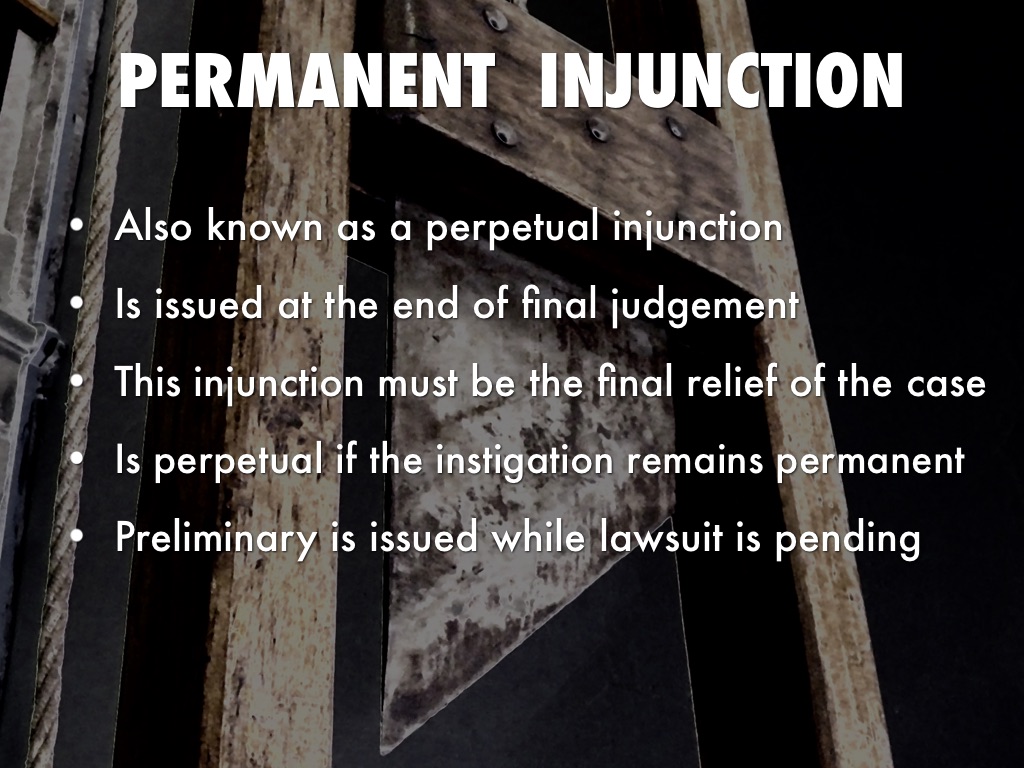
Permanent injunction is granted or denied at the discretion of the court after investigation of all the facts at the trial. This discretion “when applied to a court of law means discretion guided by law. It must be governed by rule and not by humor. It must not be arbitrary, vagile and fanciful, but legal and regular”.
But a permanent injunction at the final hearing is a matter of course and of right when the plaintiff’s right and title and an infringement or a passing off is clearly established and there are no countervening equities.
In formulating a final injunction in trademark and unfair competition cases the object of the court is to eliminate confession and unfair dealing.
The injunction should be no broader than is necessary to prevent deception and protect complainant’s rights and on the other hand, should be broad enough to afford him all the protection to which he is entitled.
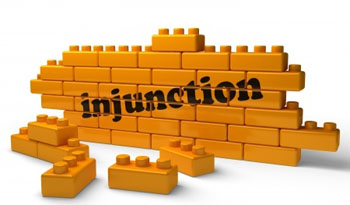
A court will not, by way of an injunction, undertake to revise a contract with respect to the use of a trade name nor will it grant such relief to prevent the violation of an agreement which is too indefinite.
“This principle is of very real importance in cases of this sort for oftentimes the decrees finally granted, leave the defendant in position to continue to harass the plaintiff unfairly or to continue a practical use of the methods condemned in the court’s opinion.
It happens not infrequently that the relief provided for in the opinion is pared down in formulating the decree to such an extent as to deprive plaintiff of much of the relief to which the court, in its opinion, had held him entitled.
Many unfair competition and trademark cases, the trial of which has cost litigants substantial sums, have ended in weak, impractical, compromise decrees of little practical value as a protection of either the plaintiff or the public.
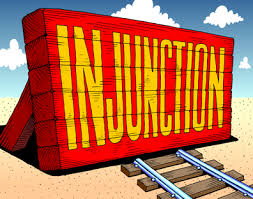
Suit was filed for permanent injunction against defendant’s trademark. It is alleged that the marks of the plaintiff and the defendant are similar and would cause confusion and deception in the minds of the public. The defendant contended that the application suffered from delay and laches. It was held that the product of the defendant is under construction and as such there was no delay in filing the application. Plaintiff filed a suit for permanent injunction against defendant.
Commercially impracticable – No ground to refuse:
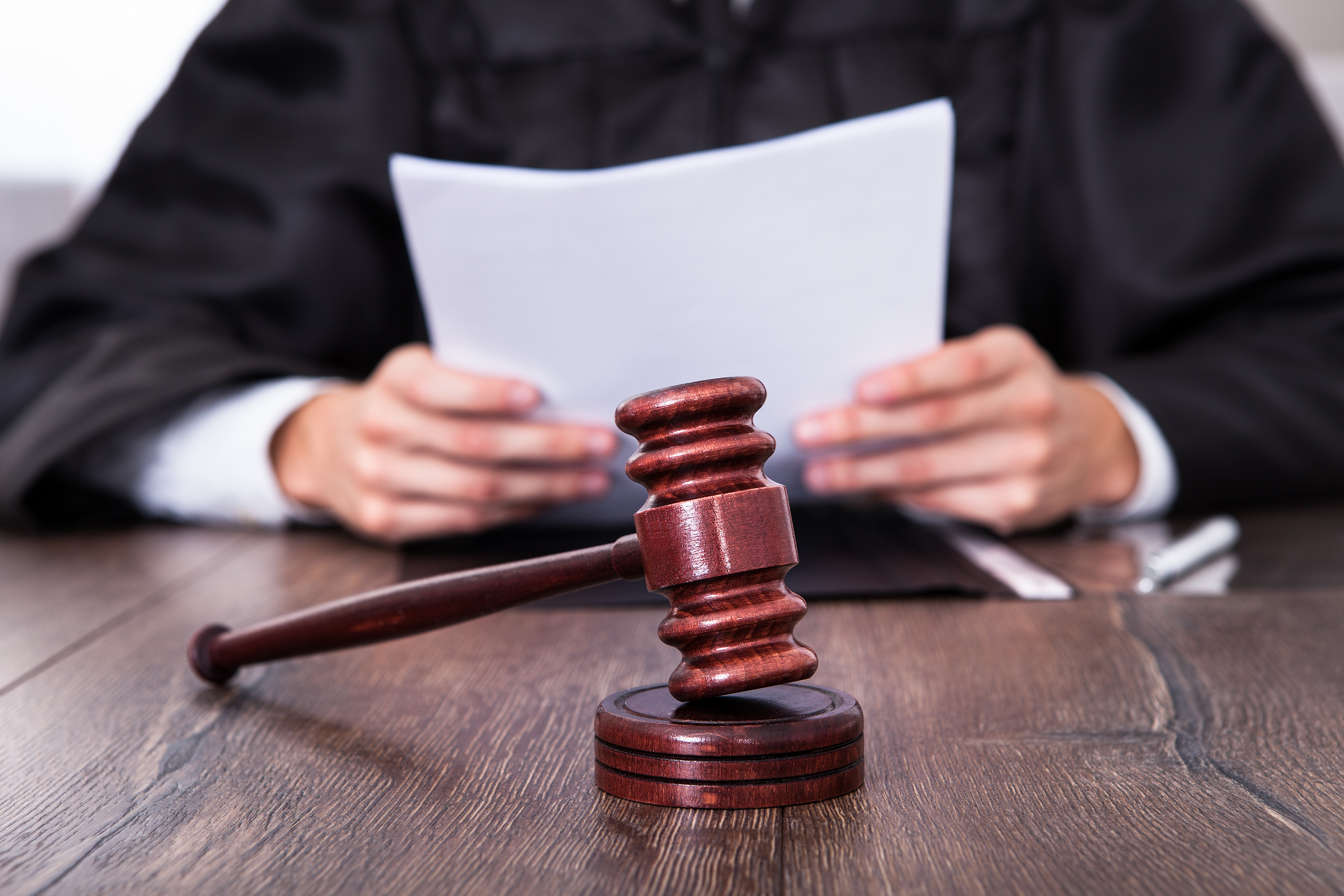
The fact that a decree proves commercially impracticable from the defendant’s point of view does not mean that plaintiff will be deprived of protection.
In a case involving the use of a personal name on confections the second circuit court directed that a special explanatory phrase be used by the defendant in juxtaposition to the personal name.
On a re-hearing, the defendant asserted that it was a physical impossibility to print this phrase in the manner provided in the decree on the wrappers around the individual pieces of the confection.
The court refused to relieve the defendant of this obligation, saying that if, what the defendant, asserted was true and the defendant could not use the name as directed, then it must cease to use the name altogether.
Unfair use of trademark on the trademark owner’s goods:
Where the infringement lies, not in the simulation of another’s trademark, but in its improper use, by others than the owner, the remedy is not to enjoin all use of it, but to regulate such use so that it will be honest and truthful. Only in cases of extreme and continuing fraud an injunction against the use of the trademark will be issued.
In Cheney bros v. Gimbel bros. the court held
….When a public to suppose that the goods are of a different quality from what is being sold, the use of the manufacturer’s name may be restrained altogether, in order to prevent what is in effect a continued representation that the goods are other than they really are in fact.
In this case defendant was enjoined from advertising Cheney’s goods as such, but was permitted to state that Cheney was the manufacturer, to customers who inquired.
Corporate names:
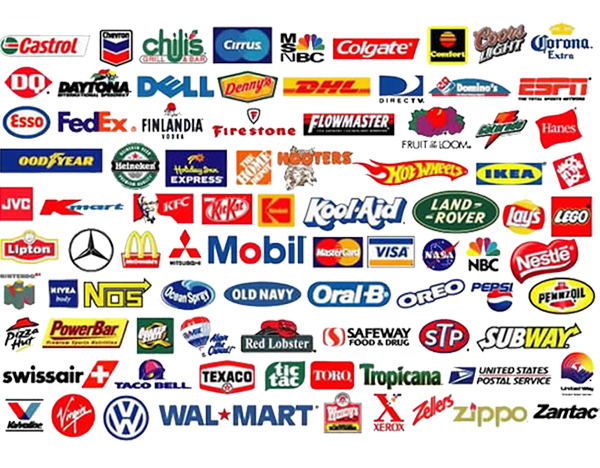
In respect of corporate names the same rule applies to the name of firms or individuals, and an injunction lies to restrain the simulation and use by one corporation of the name of a prior corporation which tends to create confusion and enables the later corporation to obtain, by reason of the similarity of names, the business of the prior one.
No distinction between the natural persons and the corporation in the principle which is to prevent fraud. An individual who has been doing business under his own name is not deprived of the right to use his own name because he brings a partner into his business, or incorporates.
Bankruptcy:
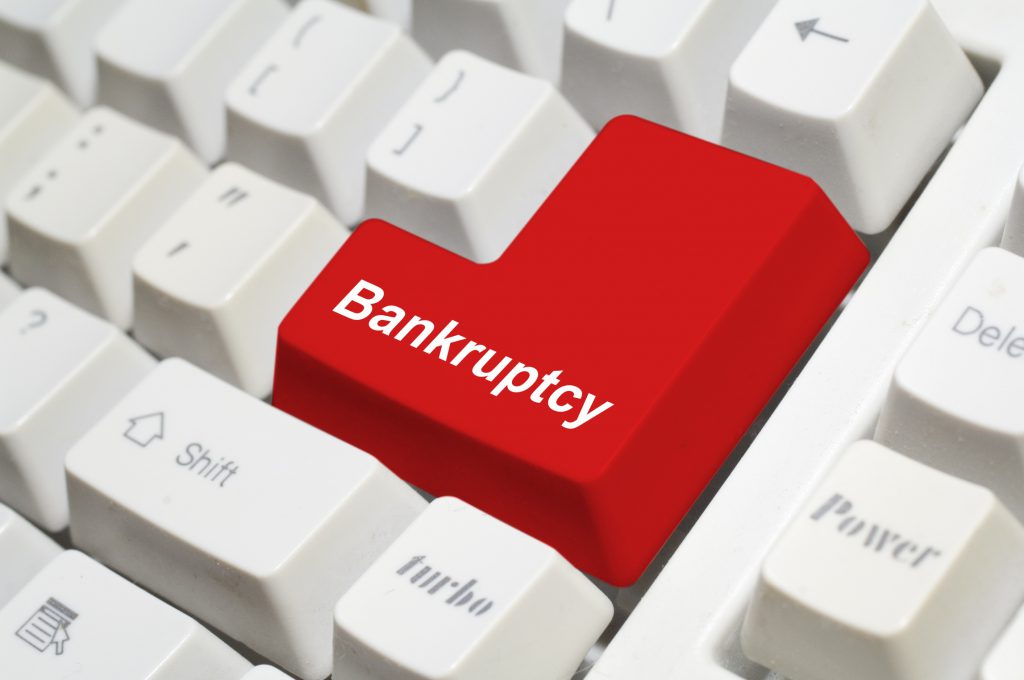
The fact that defendant’s assets are in-charge of a trustee in bankruptcy is no ground for refusing an injunction in a suit for infringement of a trademark and unfair competition, consisting of the use of plaintiff’s trademark as a part of defendant’s corporate name, since a sale of the property would include the assets, goodwill and corporate name.
So an injunction restraining further use of a name as part of the corporate name of a corporation will not be denied on the ground of hardship, where the hardship, if any, arose from the acts of the corporation after expiration of the contracts authorizing the use of such name.
Voluntary discontinuance: How far will affect issue of injunction:
This subject has already been dealt with under the heading of preliminary injunction.
Mr.Kerr lays it down as a rule in regard to bills to restrain violation of trademarks that the owner of a trademark where the marks have been illegally taken by another, is not bound to rely upon his assurance or promises not to repeat the illegal appropriation of the mark, but is entitled to the protection of the court by injunctions.
But the rule does not seem to be an absolute one and it is in the discretion of the court, when considering the issue of an injunction, to give such weight to the discontinuance as it may consider proper in the circumstances of the case and where it is satisfied that the menace is not likely to continue, the relief may be denied.
In champion spark plug co. v. Reich, the court below had found that the defendant in good faith had inaugurated such changes in his practices that he was no longer infringing nor engaging in unfair competition, and had denied relief as to these practices. The decree was affirmed so far as this point was concerned, and the court of appeal said:
When an injunction is sought to restrain a continuing injury, and after suit is brought, the defendant claims to have abandoned the course of conduct complained of, the question for the court to determine is whether the illegal conduct has in fact been abated or whether the menace to plaintiff’s rights still exists. If the menace exists, an injunction should be granted; if not, it should be denied…. The question is one of fact for the determination of the court at the time the final decree is entered.
Discontinuance prior to suit:
Discontinuance of the use of the mark or name constituting infringement or unfair competition, before commencement of this suit, is not a bar, where defendant contests the suit and still claims the right to use such mark or name, and there are no grounds to believe that the discontinuance was in good faith and without an intention to resume the wrongful use.
An injunction may be denied where the infringement or unfair competition was discontinued in good faith, and there is no reason to believe it will be resumed.
Defendant guilty of deliberate fraud:
A defendant guilty of deliberate and intentional fraud will be dealt with more strictly than one who has acted with innocence and good faith. Drastic relief will be granted in such cases to prevent the continuing effect of defendant’s acts. In one case judge danison said:
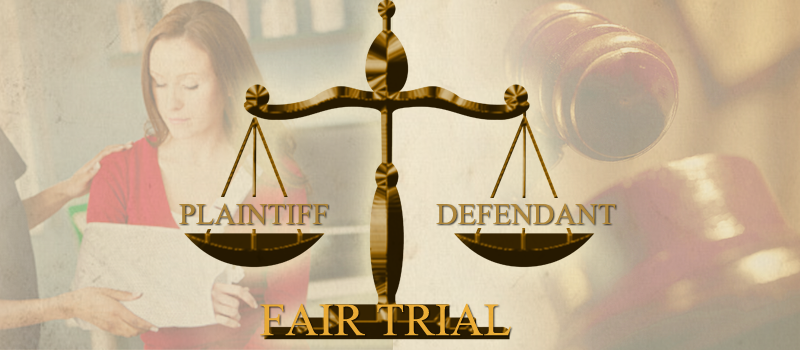
A defendant whose business enterprise is based on an express and deliberate fraud will not find a court of equity strenuous to preserve all the rights are might have had if his conducts and motive had been honest.
For example in Coca-Cola Company v. Gay-ola co., caramel was used to colour a beverage, and the colour of that beverage came to identify the manufacturer. A competitor used caramel as an ingredient of his beverage in order to get the same colour, and so facilitate passing off. By so doing he forfeited his abstract right to use caramel as an infringement of a beverage.
Plaintiff guilty of fraudulent trade:
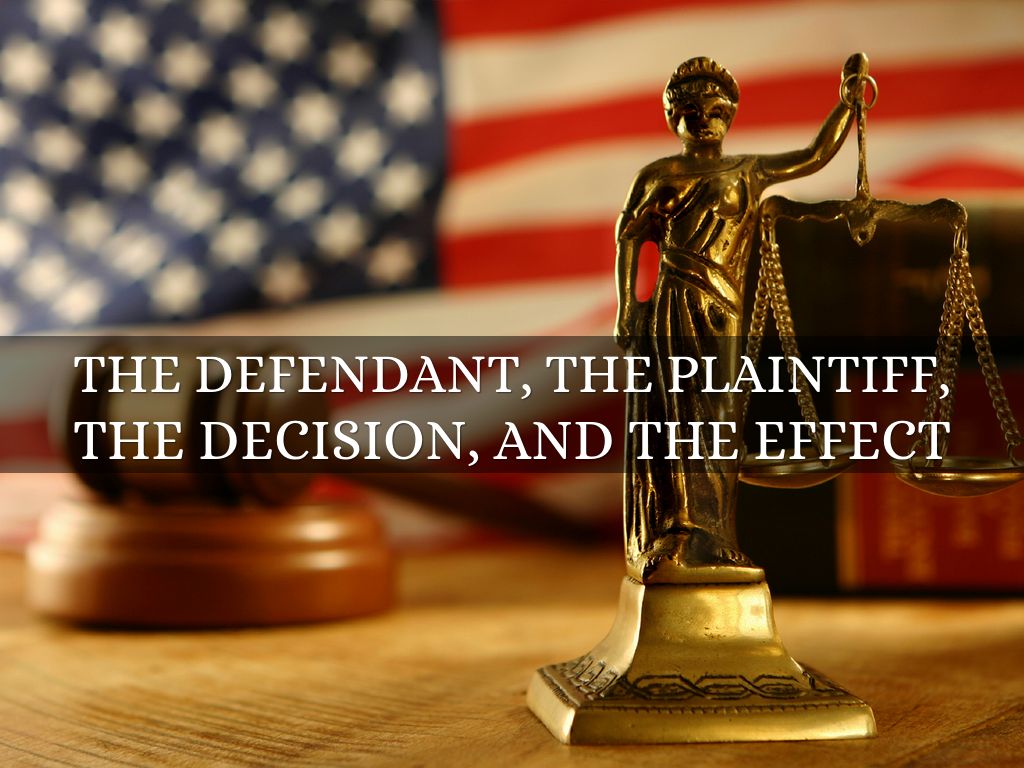
Where the plaintiff’s trade is fraudulent relief will be denied. It will also be denied where the defendant has been misled by the plaintiff’s conduct.
In Burgoyne and Co.v.Godfrec and Co., the plaintiffs, who were the registered proprietors of the trademark Burgoyne for wine, sold by auction wine in casks bearing the inscription “Burgoyne London”. The wine had been consigned to the plaintiffs on approval and rejected by them and was sold on account of the growers. The defendant purchased the wine at the auction, and re-sold it as Burgoyne’s superior Australian burgundy.
On the trial of an action, to restrain the defendants from infringing the plaintiff’s trademark, and from passing off the wine in question as being the plaintiff’s wine, it was held, that the wine was not the plaintiff’s wine, and that the plaintiff were not estopped by their conduct from restraining the sale of the wine as their wine. An injunction and an account of profits were granted. The defendants appealed. Held, that the defendants were justified in coming to the conclusion that the wine was Burgoyne’s wine, and that they were so justified by reason of the conduct of the plaintiffs in the matter, and that the plaintiffs were not entitled to any relief. The appeal was allowed with costs.
“Solubilis corporate services”, one of the leading business service providers in Coimbatore and in all the major cities like Bangalore, Cochin, Hyderabad, tirupur, trichy, Madurai, Salem and Chennai. With the team of professional experts, we can provide you a better guidance whole throughout the registration process. Trademark registration can be done within the specified duration of time and at a reasonable cost. For more details -> Click here.